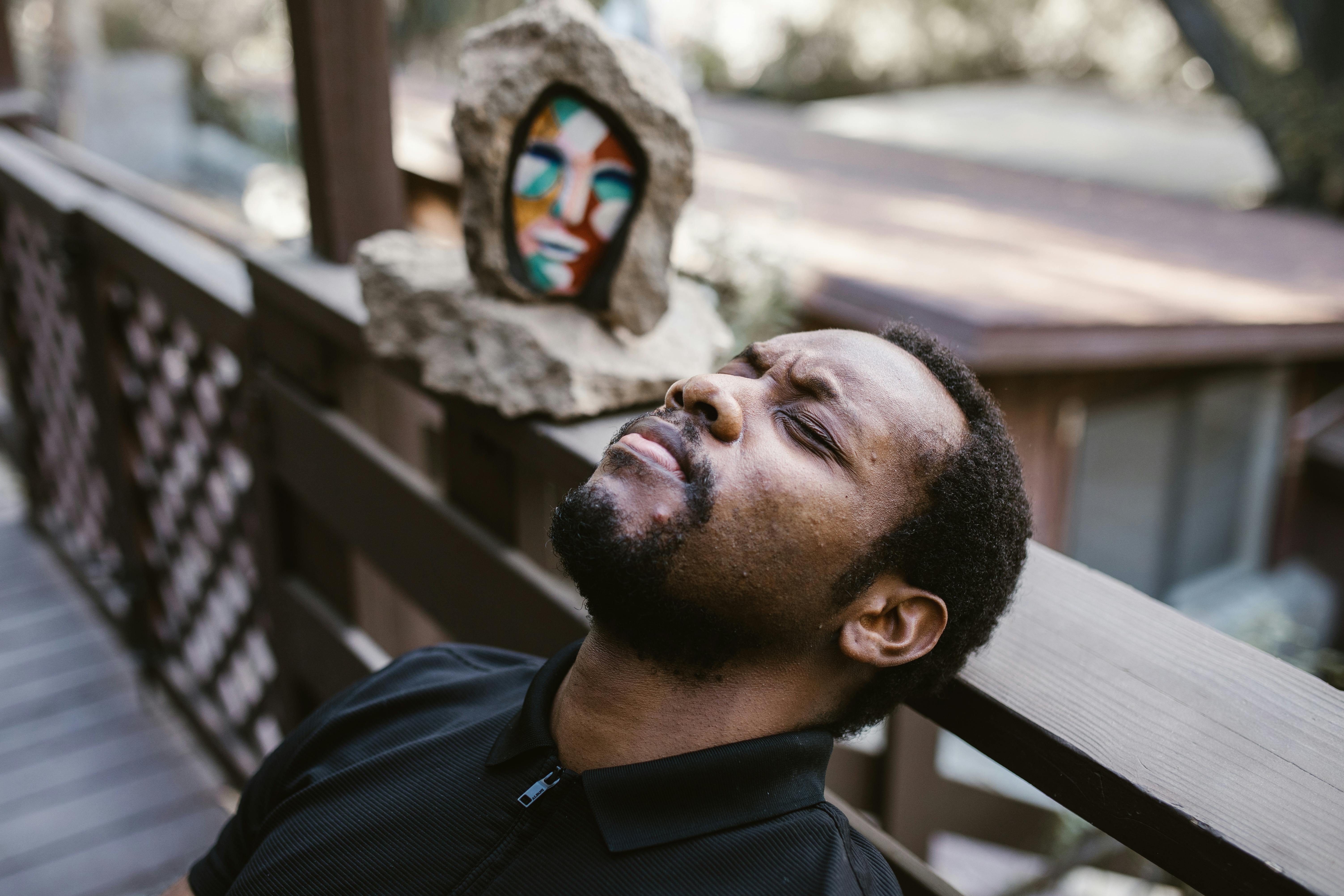1. Don’t overthink it
Rejection is embarrassing, and like any embarrassing moment in life, we can tend to let it haunt us. We’ve all relived an interview analyzing every move that could have been the nail in the coffin: “Was it something I said? Something I did? Was that awkward little talk at first? The salary conversation? My contact? visual? “
If you’ve been going over each and every answer and analyzing every little move you made that could have resulted in your interview failure, STOP. When it comes to the job interview, there’s no use crying over spilled milk!
What’s done is done and there is no use thinking too much. Instead, take a closer look at the big picture and a few key points so you can get back up and adjust your focus next time.
2. Ask for feedback
One way to avoid “overthinking” is to base your analysis on the interviewer’s actual comments. If you’re not asking for feedback after every interview, you’re missing a great opportunity to put those voices in your head to bed and learn from your mistakes. As a courtesy, the interviewer should always provide some kind of honest feedback, but it is not required (and some people just don’t feel comfortable rejecting others). So if you are denied feedback, there is not much else you can do (so don’t become a stalker about it). I just know that it doesn’t hurt to ask.
If your interview was arranged through a recruiter, you may be able to request and expect more brutally honest feedback, as it is someone else’s feedback that you are passing on and it is a bit more comfortable to deliver. I would recommend getting as much feedback as possible as soon as you learn of the rejection so that your application is timely for your interviewer / recruiter.
3. Don’t read between the lines
Like overthinking, reading between the lines can be a useless business when it comes to understanding and learning from your interviewer’s feedback. All you have to follow is what they tell you (for better or for worse), so try to leave it at that and don’t get too caught up in decoding the message. If they said they found someone more qualified, this is it. There may be others who are more qualified, right? At the end of the day, interviewing isn’t a perfect interviewer formula, and sometimes it’s more of an intuition than anything else. Therefore, allow the interviewer the freedom to decide based on his knowledge of the position and the company.
4. Don’t ignore positive feedback
Just as you should take constructive feedback at face value, you should also help yourself with the positive feedback you have received. You have impressed the interviewer in some way and that is your strength. Take a mental note and start highlighting this in future interviews. If you created a presentation that they loved, keep it and find a way to include it in your next interview. If they liked your energy and personality, keep doing it; your next interviewer will likely like it too. Turn their feedback on the bright side and trust them to lead next time.
5. Don’t ignore verbal and non-verbal communication
It is also true that the unsuccessful interview, potentially combined with the natural nerves of the interview, can affect your delivery (both verbal and non-verbal). As a result, this can affect the interviewer’s confidence in your abilities to do the job in question. Since what you say and how you say it can affect your ability to close the interview, take some time to focus on the delivery.
Using the voice memo app on your smartphone, record yourself answering some of the common interview questions aloud. Then play it with a critical ear and listen to “Ums” or a shaky tone (both confidence killers). Try videotaping your interview responses as well, paying close attention to how you are sitting, any unnecessary movements (touching your hand, touching your face or hair, etc.). 93% of what we say is non-verbal, so know that your presence plays an important role in how you are perceived in the interview room.
6) regain your confidence
If you feel and look a bit defeated for not closing, you may also want to take time to regain your confidence. Go to networking events and places where others in the same industry / space are talking about your area of expertise so you can start to get really comfortable talking about the most common topics in your industry interview settings. The more natural you feel when talking about the topic of your interview, the more controlled you will appear and the more prepared to tackle the interviewer’s business problems with ease.
7) work your nerves
Before you start practicing for each interview, take about 5 minutes to breathe deeply so you can focus and focus. Pausing to breathe can do wonders in terms of calming your nerves. Do this before going into an interview as well.
8) Practice, practice, practice
It’s no secret: Practice makes perfect! Every day you should practice your responses (especially to tricky interview questions). You know what’s coming, so it’s time to remove your band-aid and seize the opportunity to get ahead of the game. If you are a visual learner, try to sketch your answers on paper so that you have a visual reference point in your mind.
9) Know your interviewers
Make sure you take the time to do some research and get a real idea of who your interviewers are before entering the room. Remember: They are people like you who may even be nervous about the interview! It’s okay to break the ice and say “sorry, I’m a little nervous” if you feel like it really interferes with your interview, as it will portray your human side more and help the interviewer empathize, but be quick. to pull themselves together and get back in the game because they want someone who can step in and produce results.
10) reward your progress
Just because you didn’t get the job offer doesn’t mean the interview was a total failure. It’s very true that the role might not have been perfect for you (and you don’t deserve the perfect fit)? We are talking about your career, so it would be better to get it right (even if it takes a few tries) than to get the wrong offer. If you can view each interview as a learning process like a HUGE victory versus a failed attempt, then you are more likely to keep your spirits up and feel secure in the knowledge that something better awaits you.




